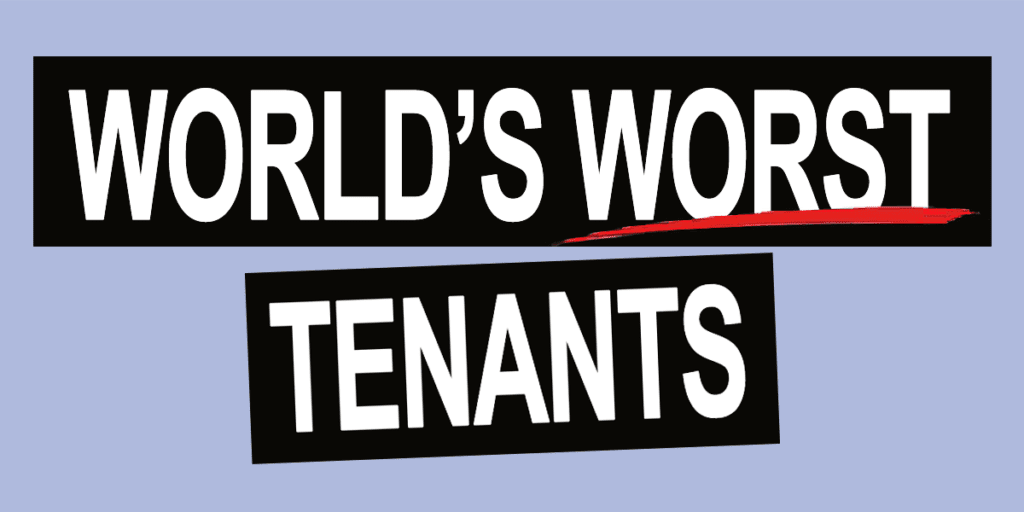The wrong tenants can cause expensive repairs, legal trouble and other headaches that make you wish you had never become a landlord. Here’s your guide to dealing with common tenant troubles.
1. Non-Paying Tenants
Unpaid rent may be the most frequent problem landlord’s face. When tenants make excuses or try to avoid collection efforts, the best response is to stay calm but firm. Ask questions to make sure tenants aren’t withholding rent because of a dispute about maintenance or other issues. Keep records of all communication. You may need the documentation if you have to take legal action.
2. Tenants Abandon the Property
What could be more frustrating than a non-paying tenant? A tenant who has stopped paying the rent and seemingly vanished – while leaving the property cluttered with personal belongings.
Your first instinct might be to throw everything out, clean up the property, and rent it out again. But before you do, check with an attorney. Mishandling a tenant’s possessions can land you in legal hot water.
3. High-Maintenance Tenants
Sky-high maintenance costs are every landlord’s worst nightmare, but high-maintenance tenants can make you tear your hair out. Some tenants call day and night with complaints and requests.
It may be tempting to let their calls go to voicemail and ignore them, but some tenants may resort to legal action to get their way. Before things get out of control, it’s best to have an open discussion that firmly outlines which requests you are and aren’t willing to accommodate.
4. Criminal Activity on Your Property
If you believe that your tenants are engaging in illegal activity on your property, call the police. But remember that even if a tenant is arrested, they still have a right to occupy the property.
As much as you may want to change the locks, you must first go through a legal process to evict the tenant. Consult an attorney who specializes in property law, since the eviction process for illegal activity can be different than a typical eviction.
5. Tenants Destroy Your Property
A destructive tenant can cause thousands of dollars of damage to your property. Broken windows, ruined carpet, and holes in the walls are just the start. The worst tenants go so far as to steal appliances or vandalize your property.
If that happens, call the police to establish a legal paper trail. Photograph the damage, get bids on repairs, and keep copies of every document. You can often deduct the cost of the repairs from the security deposit, but be sure to consult an attorney first.
Evictions Cost More Than You Think
Removing a tenant by force is more than just an unpleasant legal hassle. It’s also a major expense.
Once you factor in the court filing and administrative fees, paying an attorney, the sheriff’s department, and a locksmith – not to mention the cost of repairs and cleaning the property – your out-of-pocket expenses could be thousands of dollars. Then add at least three months of unpaid rent (before, during and after the eviction), and the total expenses can result in a net loss on the property.
A sizable emergency fund can help you cover the costs of an eviction. Also remember to keep detailed records so that you can deduct the loss from your taxes.
Is It Time to Sell?
Some properties seem like nothing but trouble. Whether it’s because of the neighborhood, the condition of the property, or a dozen other factors, it may ultimately cost you more to rent out a particular property than it’s worth.
Keep a close eye on the actual profits and losses from each of your properties. If you find that you aren’t making as much money as you’d hoped, or you keep getting stuck with bad tenants, perhaps that’s a sign it might be time to sell your property.
If you’re not keen on selling the property just yet, consider hiring a professional property manager. For more information regarding selecting the right property manager, visit “6 Strategies for Choosing Your Next Property Manager”.
If you do decide to sell, before you spend thousands of dollars rehabbing a rental property, be sure to request a free, no obligation cash offer to sell your property “as-is”.

